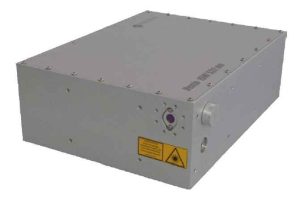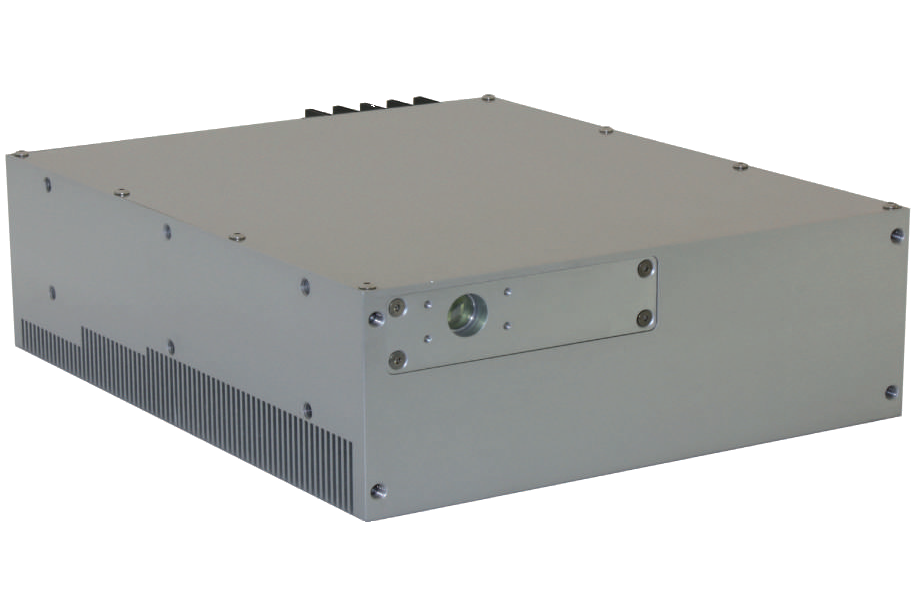Spectroscopy and Analysis Lasers for Industrial/Manufacturing
What are Spectroscopy and Analysis Lasers?
Spectroscopy & Analysis Lasers refer to specialized laser systems (pulsed or CW) utilized in the research and biophotonics markets for various applications such as laser-induced breakdown spectroscopy (LIBS), nonlinear spectroscopy, and Raman spectroscopy. These lasers are designed to provide precise and controlled light sources for detailed analysis of molecular structures, elemental composition, and material properties. LIBS employs high-energy lasers to generate plasma for elemental analysis, nonlinear spectroscopy techniques explore molecular and material properties using intense laser pulses, and Raman spectroscopy uses laser light to probe molecular vibrations and provide molecular insights. Spectroscopy & Analysis Lasers offer precise wavelength control, high power output, and stability, enabling researchers to gain valuable information in fields such as chemistry, physics, materials science, and biomedical research.
Have questions?
Spectroscopy and Analysis Applications
Laser Induced Breakdown Spectroscopy Lasers: LIBS is an atomic spectroscopy technique where a small portion of the material is ablated by a laser (typically ns pulsed, high pulse energy, single-mode, UV, green, or IR) and the resultant plasma emission plume is analyzed by a spectrometer to determine its atomic structure. LIBS is commonly used in mining, forensics, and scrap metal applications for sorting metals and other samples which can’t be analyzed using molecular techniques.
Nonlinear Spectroscopy Lasers: Non-linear spectroscopy is a broad term covering SRS, CARS, multi-photon fluorescence spectroscopy, and terahertz spectroscopy to name a few. The majority of non-linear spectroscopy lasers are used in microscopy applications, requiring single spatial mode for diffraction limited performance. Due the non-linear nature of these techniques, these lasers must have extremely short pulses and therefore q-switched, and mode-locked lasers are typically preferable (typically ps or fs pulsed, SLM).
Raman Spectroscopy Lasers: (CW & ps or fs pulsed, SLM, single/multimode, UV, violet, blue, green, yellow, red) Raman Spectroscopy is an analytical technique, studying the vibrational modes of molecules, used to identify and quantify the chemical composition and molecular bond structure of a sample by the analysis of scattered light. Raman spectroscopy lasers are typically wavelength stabilized VBG laser diodes or single-frequency DPSS lasers, which allows for accurate wavelength shift (Raman shift) measurements, critical to Raman Spectroscopy.
Recommended Laser Series
We recommend the following laser series options for Spectroscopy & Analysis applications. There can often be a ton of options and many variables. Contact us today for help finding the perfect laser for your specific application!
Have questions?

 SHIPS TODAY
SHIPS TODAY 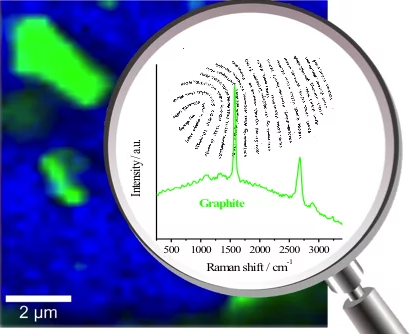
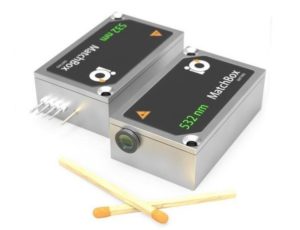
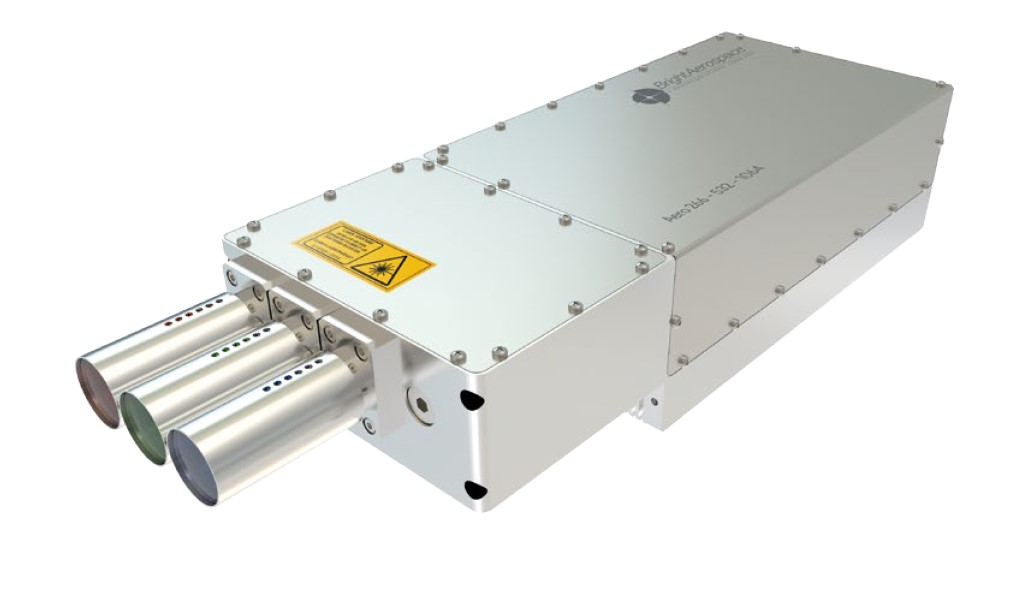 The Aero Series is a high-energy, nanosecond pulsed DPSS laser, available at 266, 355, 532, and 1064nm, with up to 10W output power at 1064 (up to 200 mJ with water-cooling). This series provides unparalleled precision and accuracy in even the most challenging environments, ideal for LIBS, spectroscopy, and atmospheric LIDAR applications. All models come enclosed in an air-cooled, extremely compact and ruggedized, thermo-mechanically stable, low SWaP single unit platform, with options for air- or water-cooling, a range of add-ons, and even complete customization to fit your exact needs. Upon request, customized models undergo severe vibration and qualification tests for operation in space.
The Aero Series is a high-energy, nanosecond pulsed DPSS laser, available at 266, 355, 532, and 1064nm, with up to 10W output power at 1064 (up to 200 mJ with water-cooling). This series provides unparalleled precision and accuracy in even the most challenging environments, ideal for LIBS, spectroscopy, and atmospheric LIDAR applications. All models come enclosed in an air-cooled, extremely compact and ruggedized, thermo-mechanically stable, low SWaP single unit platform, with options for air- or water-cooling, a range of add-ons, and even complete customization to fit your exact needs. Upon request, customized models undergo severe vibration and qualification tests for operation in space.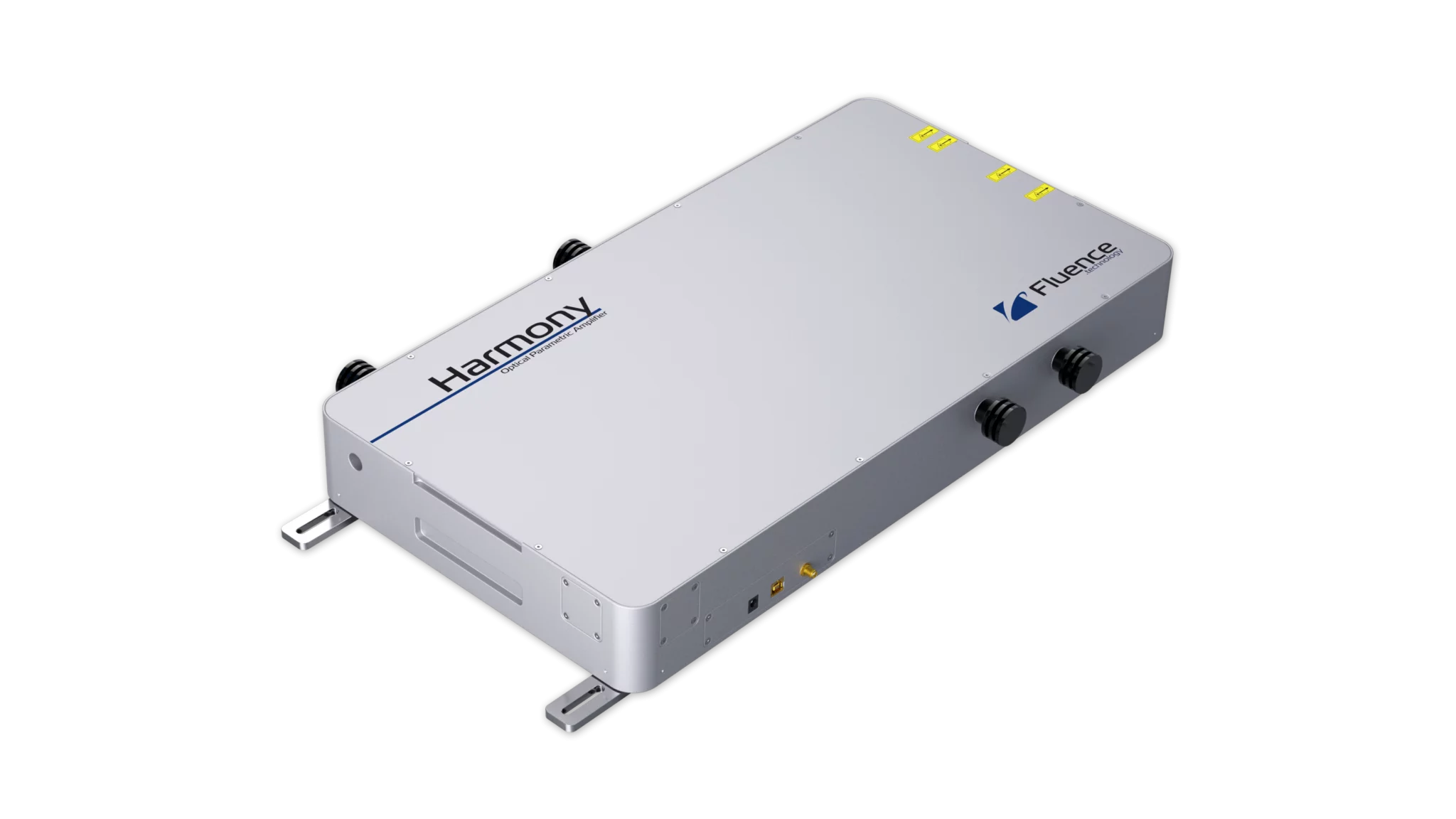 The Harmony series is a single-box optical parametric amplifier that converts ultrafast pulses from Ytterbium-based lasers into broadly tunable pulses with wavelengths ranging from 210 nm to > 10 µm. With intuitive, user-friendly PC software, an integrated mini spectrometer enables automatic tuning from 315 to 2600 nm. Designed to operate from a single pulse up to 300kHz rep. rate with pump pulse energy from 30 µJ to 200 µJ, Harmony is compatible with all Ytterbium-based femtosecond lasers, but it works best with the Jasper series: the Jasper X0 & Jasper Flex lasers featuring exceptional beam-pointing stability.
The Harmony series is a single-box optical parametric amplifier that converts ultrafast pulses from Ytterbium-based lasers into broadly tunable pulses with wavelengths ranging from 210 nm to > 10 µm. With intuitive, user-friendly PC software, an integrated mini spectrometer enables automatic tuning from 315 to 2600 nm. Designed to operate from a single pulse up to 300kHz rep. rate with pump pulse energy from 30 µJ to 200 µJ, Harmony is compatible with all Ytterbium-based femtosecond lasers, but it works best with the Jasper series: the Jasper X0 & Jasper Flex lasers featuring exceptional beam-pointing stability.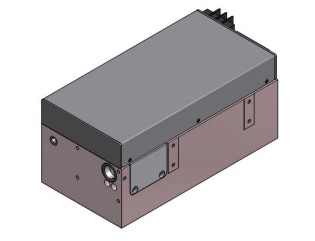
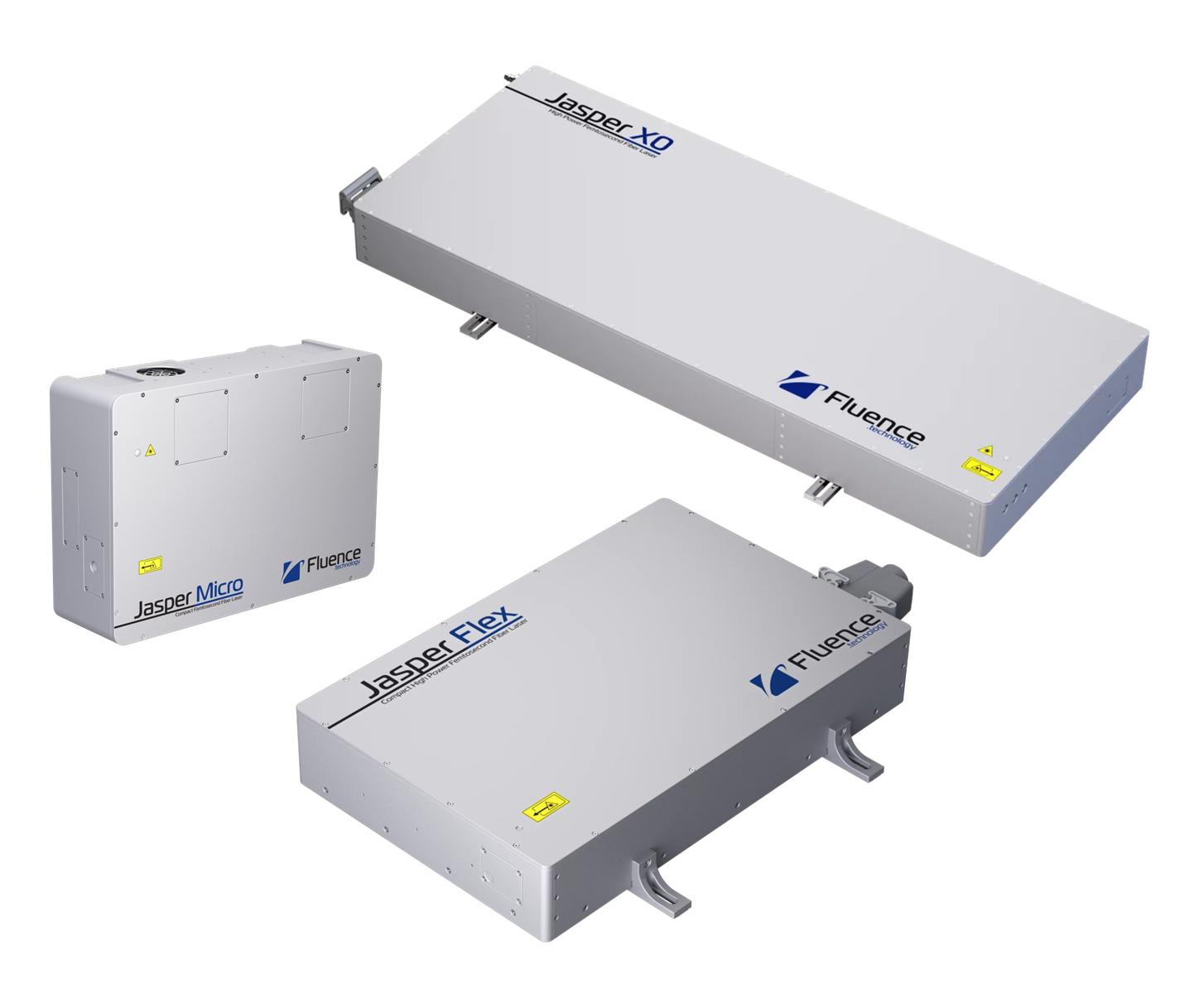 The Jasper series is a diverse set of high-performance femtosecond fiber lasers providing different solutions based on a standard technology. The series includes the high-power Jasper X0 (200 µJ pulse energy / 60 W average power), the compact Jasper Micro (5 µJ pulse energy / 7 W average power) in a space-saving design, and the Jasper Flex for microprocessing (30 µJ pulse energy). Each model provides a fast warm-up time, long-term stability, and hands-free operation. Whether you need high power, compactness, or specific processing capabilities, the Jasper series has a solution.
The Jasper series is a diverse set of high-performance femtosecond fiber lasers providing different solutions based on a standard technology. The series includes the high-power Jasper X0 (200 µJ pulse energy / 60 W average power), the compact Jasper Micro (5 µJ pulse energy / 7 W average power) in a space-saving design, and the Jasper Flex for microprocessing (30 µJ pulse energy). Each model provides a fast warm-up time, long-term stability, and hands-free operation. Whether you need high power, compactness, or specific processing capabilities, the Jasper series has a solution.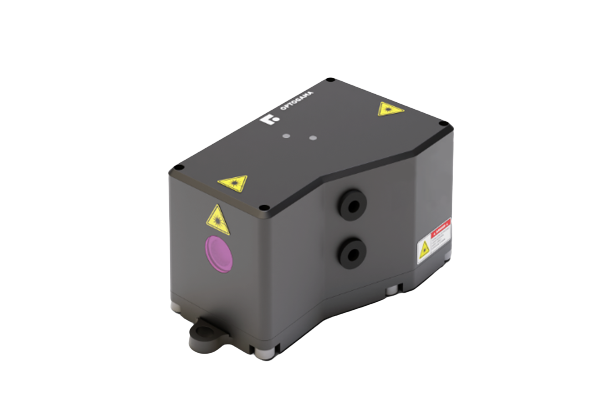 The KAUKAS series is a compact, low-SWaP line of 1.54µm “eye-safe” Er:glass lasers. These nanosecond pulsed lasers feature a compact design that makes them suitable for integration into handheld, portable devices. The lasers deliver high pulse energy, repetition rates up to 5Hz, less than 3% energy stability, and a high-quality TEM00 beam. With configurable and customizable options, these features make the KAUKAS series a versatile choice for various applications such as LIDAR & laser ranging, LIBS, metrology, and instrumentation.
The KAUKAS series is a compact, low-SWaP line of 1.54µm “eye-safe” Er:glass lasers. These nanosecond pulsed lasers feature a compact design that makes them suitable for integration into handheld, portable devices. The lasers deliver high pulse energy, repetition rates up to 5Hz, less than 3% energy stability, and a high-quality TEM00 beam. With configurable and customizable options, these features make the KAUKAS series a versatile choice for various applications such as LIDAR & laser ranging, LIBS, metrology, and instrumentation.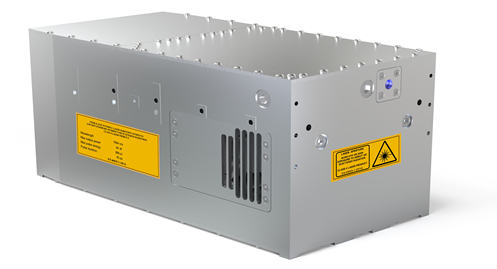 The Lampo Series is a line of compact ultrafast lasers that deliver megawatt-level ps laser pulses at a selectable PRR from 50 kHz to 40 MHz. Available in IR (1064 nm), SHG (532 nm), and Deep-UV (266 nm) versions (355nm by request), the series offers pulse durations < 70 ps and average power up to 20W, 10W, and 1.5W respectively. With pulse energy up to 250uJ, 150uJ, and 30uJ, these lasers are ideal for a wide range of scientific, industrial, defense, medical, biological, and LIDAR applications. Built into a rugged, air-cooled single-unit laser head, these lasers are easy to operate and integrate, making them a valuable tool for sophisticated laser systems and lab applications.
The Lampo Series is a line of compact ultrafast lasers that deliver megawatt-level ps laser pulses at a selectable PRR from 50 kHz to 40 MHz. Available in IR (1064 nm), SHG (532 nm), and Deep-UV (266 nm) versions (355nm by request), the series offers pulse durations < 70 ps and average power up to 20W, 10W, and 1.5W respectively. With pulse energy up to 250uJ, 150uJ, and 30uJ, these lasers are ideal for a wide range of scientific, industrial, defense, medical, biological, and LIDAR applications. Built into a rugged, air-cooled single-unit laser head, these lasers are easy to operate and integrate, making them a valuable tool for sophisticated laser systems and lab applications.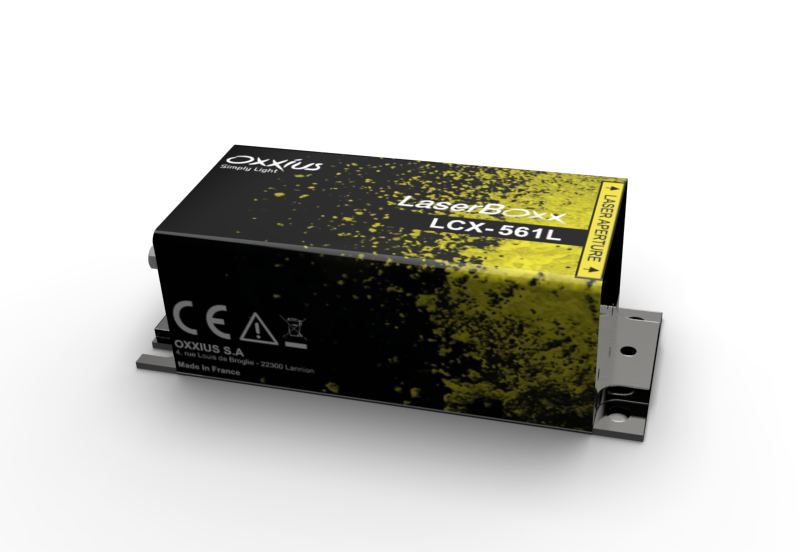
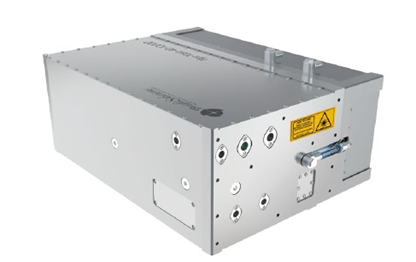
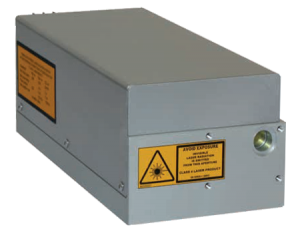
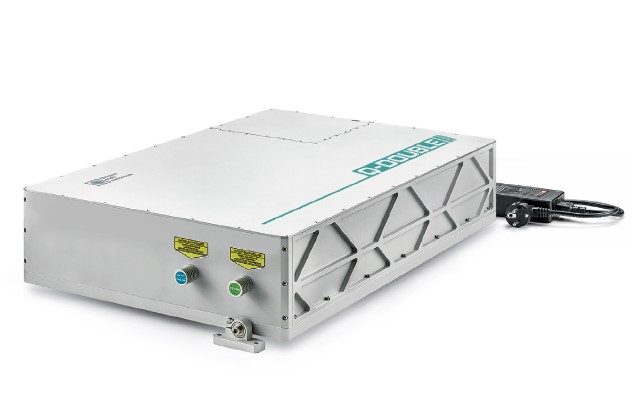 The Q-DOUBLE series is a DPSS, air-cooled, q-switched laser at 1064 or 1053 nm, designed to produce two pulses with variable temporal separation for PIV, LIBS, and other applications. The Q-DOUBLE can be configured for up to 160 mJ pulse energy @ 10 Hz or up to 40 mJ @ 100 Hz. The innovative laser design integrates all electronics (except power adapter) into the housing, resulting in a compact, user-friendly, turnkey, and air-cooled (water-free) system requiring little maintenance. User-friendly web-based GUI allows remote monitoring, control, and support from any computer or even a smartphone. Optional add-ons include built-in 2nd, 3rd, or 4th harmonic generator, built-in attenuator, energy monitor, and optional short cavity version.
The Q-DOUBLE series is a DPSS, air-cooled, q-switched laser at 1064 or 1053 nm, designed to produce two pulses with variable temporal separation for PIV, LIBS, and other applications. The Q-DOUBLE can be configured for up to 160 mJ pulse energy @ 10 Hz or up to 40 mJ @ 100 Hz. The innovative laser design integrates all electronics (except power adapter) into the housing, resulting in a compact, user-friendly, turnkey, and air-cooled (water-free) system requiring little maintenance. User-friendly web-based GUI allows remote monitoring, control, and support from any computer or even a smartphone. Optional add-ons include built-in 2nd, 3rd, or 4th harmonic generator, built-in attenuator, energy monitor, and optional short cavity version.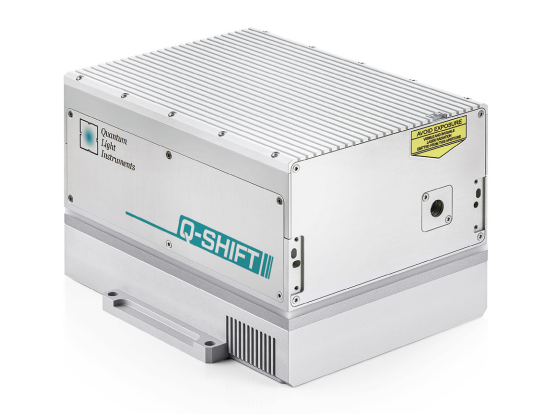
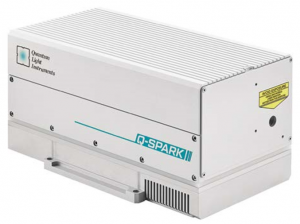
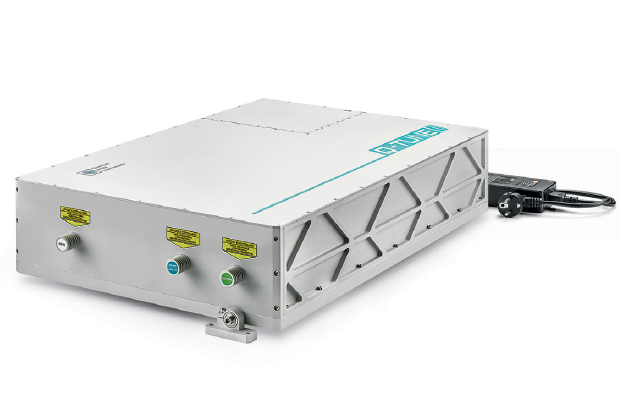
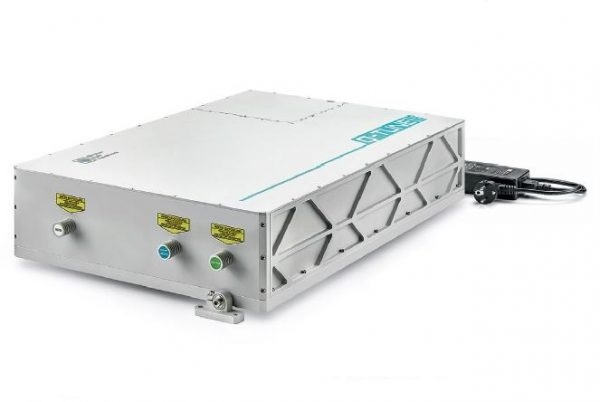 The Q-TUNE-IR series is the perfect high peak power, coherent DPSS light source for researchers with infrared spectroscopy applications. This series uses an Optical Parametric Oscillator (OPO) to produce a tunable wavelength of 1380–4500nm (<10 cm-1 linewidth), achieving > 15mJ of pulse energy at the peak of the tuning curve. The Q-TUNE-IR requires little maintenance, with all laser electronics integrated into the housing, including an air-cooling system, eliminating the need for chillers or large power supplies while providing a guaranteed > 2 G shot pump diode lifetime.
The Q-TUNE-IR series is the perfect high peak power, coherent DPSS light source for researchers with infrared spectroscopy applications. This series uses an Optical Parametric Oscillator (OPO) to produce a tunable wavelength of 1380–4500nm (<10 cm-1 linewidth), achieving > 15mJ of pulse energy at the peak of the tuning curve. The Q-TUNE-IR requires little maintenance, with all laser electronics integrated into the housing, including an air-cooling system, eliminating the need for chillers or large power supplies while providing a guaranteed > 2 G shot pump diode lifetime.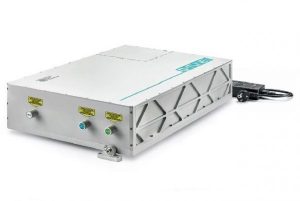
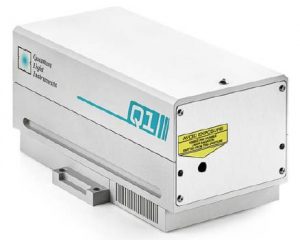


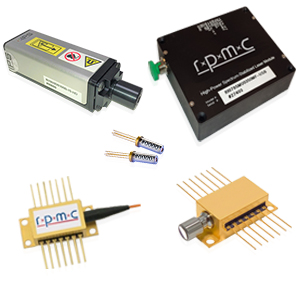
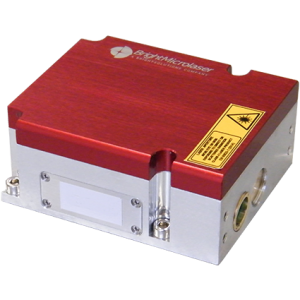
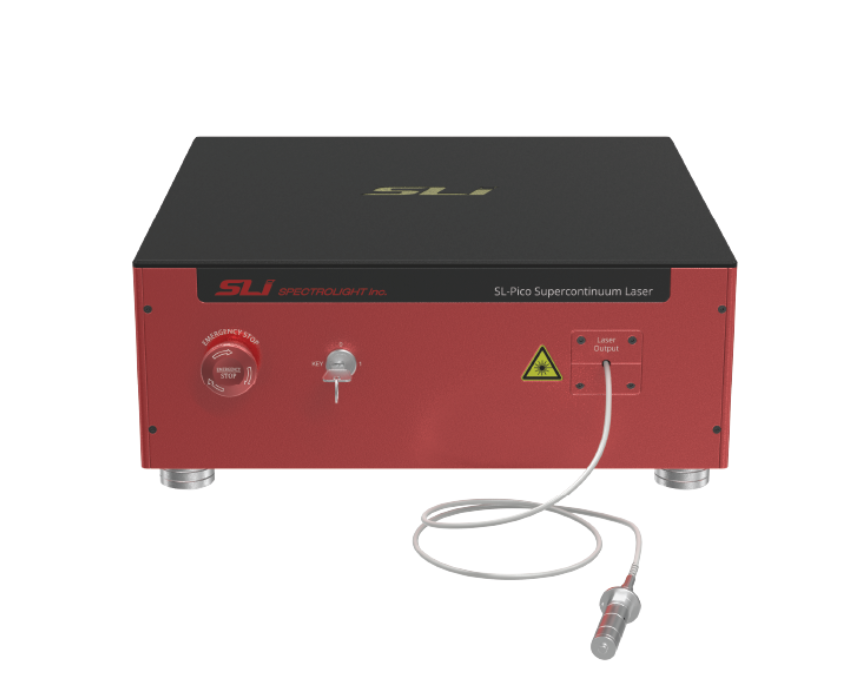 The SL-Pico series of picosecond supercontinuum lasers is designed to meet the diverse and dynamic needs of cutting-edge research and industrial applications. These supercontinuum white lasers are highly regarded for their wide wavelength range and cost-effectiveness. The SL-Pico offers a spectral range from 410 to 2400 nm, has high power, is very stable, and is capable of delivering power up to 8 W. The SLM versions are mode-locked fiber lasers with a fixed rep. rate, and the SLMV versions have a tunable repetition rate (up to 40 or 200 MHz), ensuring compatibility with a wide range of devices and various applications like fluorescence microscopy, TCSP, hyperspectral imaging, semiconductor inspection, and much more!
The SL-Pico series of picosecond supercontinuum lasers is designed to meet the diverse and dynamic needs of cutting-edge research and industrial applications. These supercontinuum white lasers are highly regarded for their wide wavelength range and cost-effectiveness. The SL-Pico offers a spectral range from 410 to 2400 nm, has high power, is very stable, and is capable of delivering power up to 8 W. The SLM versions are mode-locked fiber lasers with a fixed rep. rate, and the SLMV versions have a tunable repetition rate (up to 40 or 200 MHz), ensuring compatibility with a wide range of devices and various applications like fluorescence microscopy, TCSP, hyperspectral imaging, semiconductor inspection, and much more!
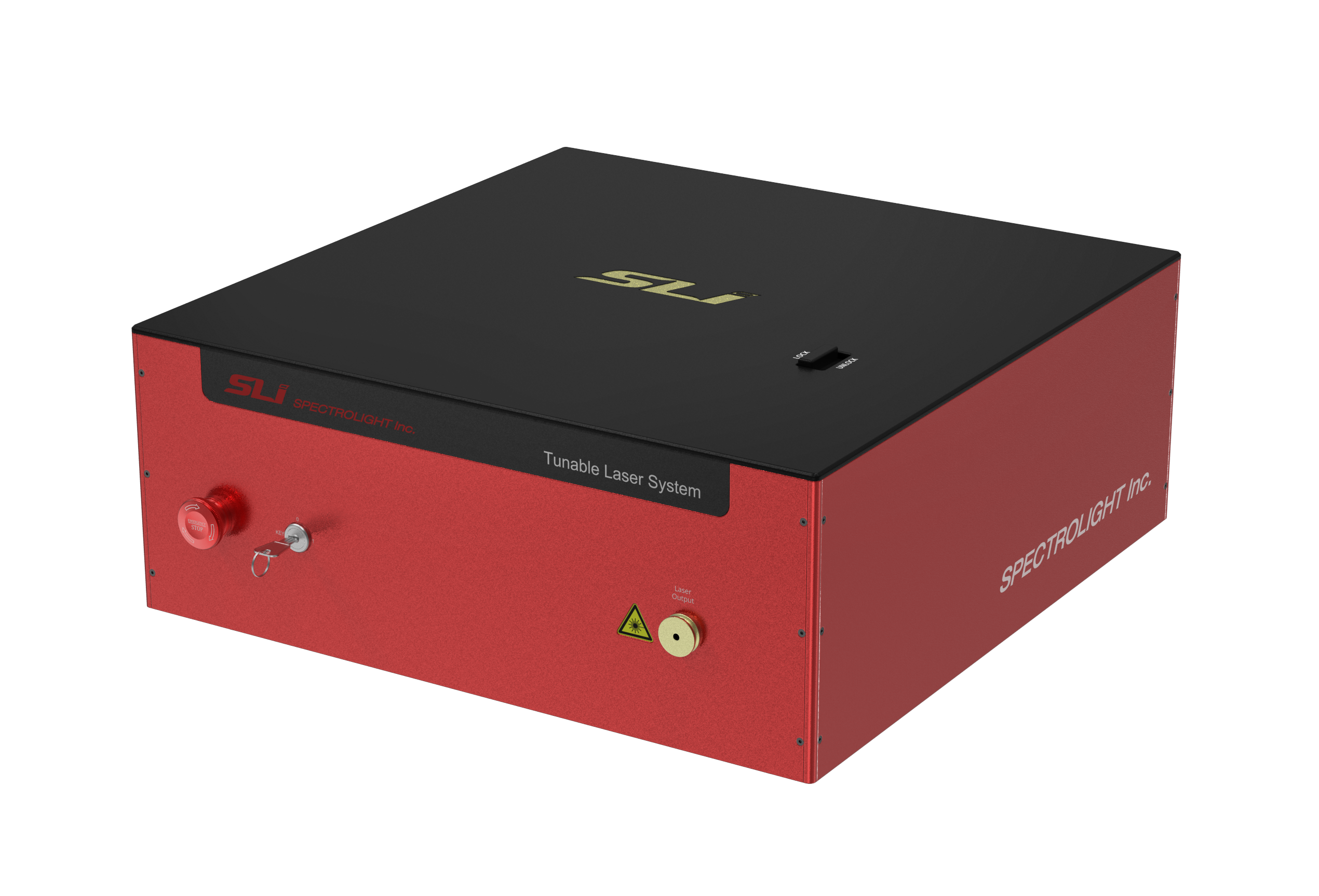 The TLS series is the broadest continuously optically tunable broadband picosecond laser combining a supercontinuum laser & tunable bandpass filter. Users can tune output power, wavelengths from 410-1700nm by choosing the VIS, IR, SWIR, or a custom configuration, and real-time bandwidth control for TLS-Red (10 or 20nm fixed for TLS-Blue). These picosecond tunable lasers are suitable for various fields that require precision scanning and high output from fluorescence microscopy to time-resolved spectroscopy, such as TCSPC, Hyperspectral imaging, Machine vision, Semiconductors, Sensors, and other applications.
The TLS series is the broadest continuously optically tunable broadband picosecond laser combining a supercontinuum laser & tunable bandpass filter. Users can tune output power, wavelengths from 410-1700nm by choosing the VIS, IR, SWIR, or a custom configuration, and real-time bandwidth control for TLS-Red (10 or 20nm fixed for TLS-Blue). These picosecond tunable lasers are suitable for various fields that require precision scanning and high output from fluorescence microscopy to time-resolved spectroscopy, such as TCSPC, Hyperspectral imaging, Machine vision, Semiconductors, Sensors, and other applications.